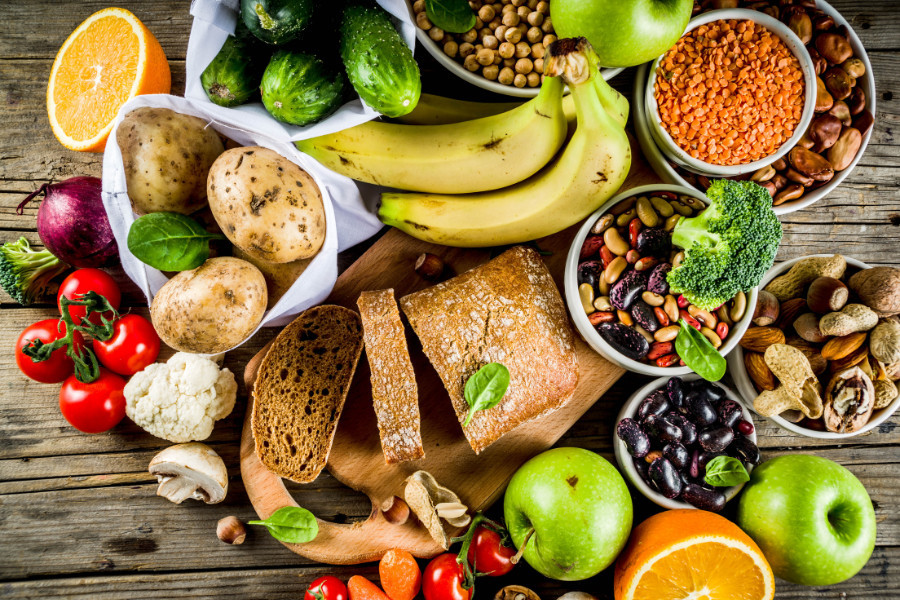
Good pelvic health is essential for overall well-being, and one of the key factors in maintaining it is nutrition. The food we consume plays a significant role in supporting the muscles, tissues, and organs that make up the pelvic region. By making mindful choices in your diet, you can promote a healthy digestive system, reduce the risk of discomfort, and help prevent issues like constipation or pelvic floor weakness.
How Nutrition Supports Pelvic Health
Your pelvic floor muscles rely on a balanced diet to function properly. These muscles support the bladder, bowel, and uterus (in women), making it essential to keep them strong and resilient. A diet rich in essential nutrients like fiber, vitamins, and healthy fats can enhance muscle strength and promote regularity, both of which are vital for pelvic health.
Foods to Support Pelvic Health
Here are a few types of foods that can help maintain pelvic health and prevent issues related to the pelvic region:
- High-fiber foods: Fiber is crucial for digestive health and helps prevent constipation, which can place strain on the pelvic floor. Whole grains, fruits, vegetables, and legumes are all excellent sources of fiber that keep things moving smoothly.
- Hydrating foods: Staying hydrated is important for bladder and bowel health. Water-rich fruits and vegetables like cucumbers, melons, and leafy greens help you stay hydrated, while also providing vitamins and minerals that support muscle function.
- Healthy fats: Omega-3 fatty acids, found in foods like salmon, walnuts, and flaxseeds, are known to reduce inflammation and support muscle health. These fats can also improve circulation, which is beneficial for the tissues surrounding the pelvic floor.
Tips for Maintaining Pelvic Health Through Nutrition
In addition to focusing on specific types of foods, there are everyday habits you can adopt to maintain pelvic health:
- Stay hydrated: Drinking plenty of water helps flush out toxins and ensures that your bladder and digestive system are functioning smoothly.
- Eat a balanced diet: Include a variety of fruits, vegetables, lean proteins, and healthy fats in your diet to support muscle health and promote overall wellness.
- Avoid excessive caffeine and sugar: Too much caffeine or sugar can irritate the bladder and increase the risk of discomfort. Moderation is key to maintaining a healthy pelvic region.
By making these simple adjustments to your diet, you can help protect your pelvic health, ensuring that your body functions comfortably and effectively.
The content in this blog is for informational purposes only and is not a substitute for professional medical advice, diagnosis, or treatment. Always consult your doctor or a qualified healthcare provider before trying new healthcare protocols.



